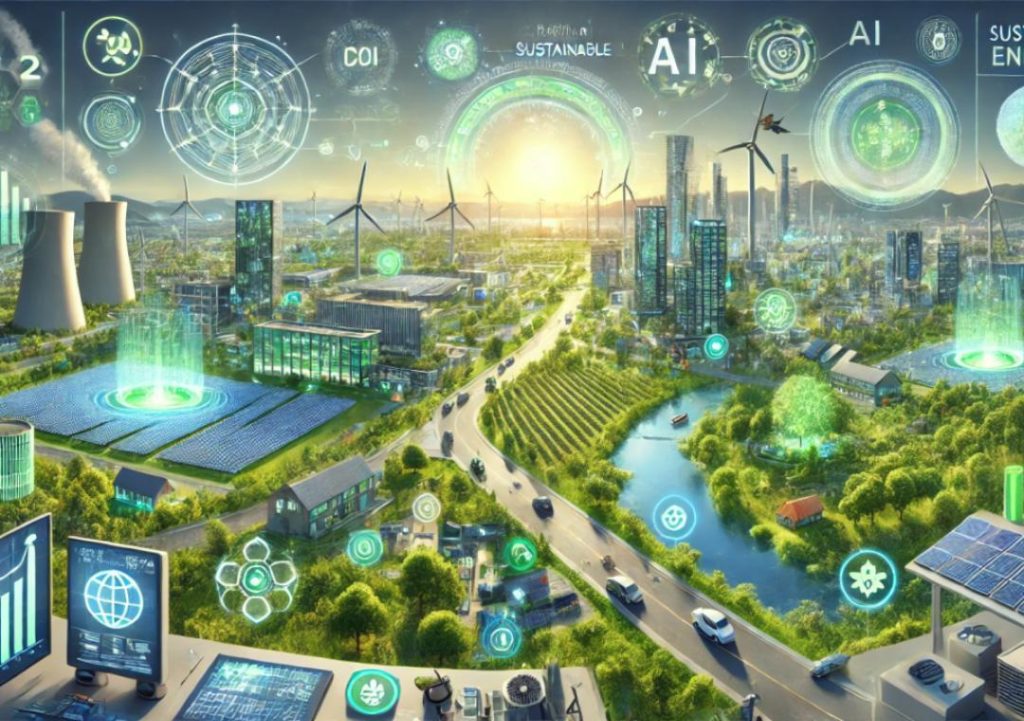
Startups Drive AI, Green Products, and Fintech Disruption
In today’s rapidly evolving business landscape, startups are playing a significant role in driving innovation and disruption across various industries. From artificial intelligence (AI) automation to eco-friendly products and fintech disruption, emerging companies are revolutionizing the way we live and work. In this blog post, we’ll explore how these startups are transforming traditional sectors and making a lasting impact.
AI Automation: The Future of Work
Artificial intelligence has been a hot topic in recent years, and startups are at the forefront of its adoption. AI automation is replacing manual labor with smart tools, freeing up human resources to focus on higher-value tasks. This trend is particularly evident in industries such as customer service, finance, and healthcare.
For instance, startups like Automation Anywhere and UiPath are offering robotic process automation (RPA) solutions that enable businesses to automate repetitive tasks, such as data entry and document processing. This not only increases efficiency but also reduces the risk of human error.
Another area where AI is making a significant impact is in personalization. Startups like NLP and AI-powered chatbots are using machine learning algorithms to provide tailored customer experiences. By analyzing customer behavior and preferences, these startups are enabling businesses to offer targeted products and services that drive engagement and loyalty.
Eco-Friendly Products: The Future of Sustainability
As concerns about climate change and environmental degradation continue to grow, startups are rising to the challenge by developing eco-friendly products that reduce waste and minimize environmental impact. From sustainable packaging to reusable products, these startups are promoting a culture of sustainability and encouraging consumers to make eco-conscious choices.
For example, startups like LanzaTech and Red Rock Biofuels are converting waste biomass into low-carbon fuels, reducing the need for fossil fuels and greenhouse gas emissions. Similarly, companies like TerraCycle and Loop Industries are developing closed-loop systems that allow consumers to return used packaging materials, reducing waste and promoting recycling.
Fintech Disruption: Making Finance Accessible
The financial services industry is another area where startups are making a significant impact. Fintech companies are using blockchain technology, APIs, and mobile apps to make finance more accessible, affordable, and transparent.
Startups like Stripe and Square are offering payment processing solutions that enable small businesses to accept online payments, reducing the need for traditional payment processors. Similarly, companies like Robinhood and Wealthfront are providing commission-free trading and investment services, making it easier for individuals to invest in stocks and other assets.
Decentralized Models: The Future of Finance
One of the most significant trends in fintech is the rise of decentralized models, which enable peer-to-peer transactions and reduce the need for intermediaries. Startups like Ripple and Stellar are using blockchain technology to facilitate cross-border payments, reducing transaction fees and increasing speed.
Another area where decentralized models are making a significant impact is in lending. Startups like Lending Club and Funding Circle are using online platforms to connect borrowers with investors, reducing the need for traditional lenders and providing more affordable loan options.
Scaling Profitably: The Key to Success
While innovative ideas and solutions are essential for success, scaling profitably is also crucial. Startups that can balance innovation with profitability are more likely to attract investors, build a loyal customer base, and achieve long-term sustainability.
To scale profitably, startups need to focus on building a strong team, developing a solid business model, and creating a unique value proposition. They also need to prioritize customer acquisition and retention, as well as continuously monitor and adapt to changing market conditions.
Conclusion
In conclusion, startups are driving innovation and disruption across various industries, from AI automation to eco-friendly products and fintech disruption. By leveraging emerging technologies like AI, blockchain, and renewable energy, these startups are transforming traditional sectors and making a lasting impact.
As the business landscape continues to evolve, it’s essential for entrepreneurs, investors, and policymakers to recognize the potential of startups to drive growth, create jobs, and promote sustainability. By supporting and investing in these startups, we can create a more innovative, efficient, and equitable future for all.
Source: https://www.growthjockey.com/blogs/emerging-companies






